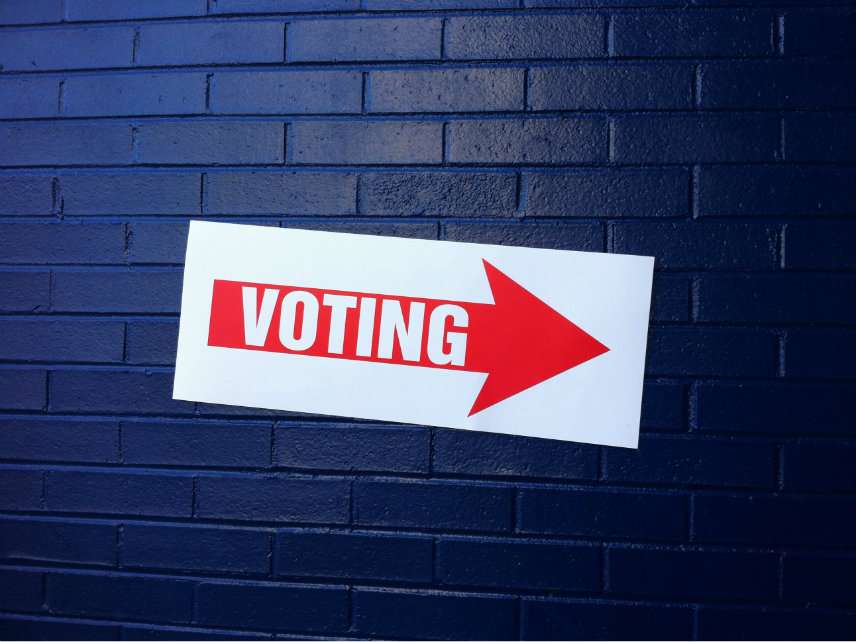Lawsuit Calls Seattle's "Democracy Vouchers" Compelled Speech and a First Amendment Violation
Being forced to fund the campaigns of candidates you disagree with is just wrong.

Seattle homeowners are tired of being forced to contribute tax dollars to candidates they do not support, some of whom campaign to further restrict their property rights.
A Pacific Legal Foundation lawsuit challenges Seattle's Democracy Voucher program, which has so far dispensed $233,175 in special tax contributions to fund vouchers of up to $100 for city voters to contribute to their favorite local political candidates.
"When you are forced to give a certain amount of money to someone who then uses it to contribute it to a candidate," Ethan Blevins, an attorney with the Pacific Legal Foundation, says, "that's compelled speech in violation of the First Amendment."
Blevins is representing Mark Elster, a Seattle homeowner and self-described "robust supporter of free markets," who objects to being made to underwrite any part of a campaign for candidates, none of whom warrant his support.
So far, the voucher program isn't quite as democratic as envisioned by its progressive sponsors. More than half of the total amount of contributions has gone to Jon Grant, a candidate for an open city council seat and someone who could charitably be described as left-of-center.
A former head of the Washington Tenants Union, Grant has endorsed a range of left-wing housing policies including rent control, mandating affordable housing units in new developments, caps on move-in fees, and giving collective bargaining privileges to tenants.
His opponent, Teresa Mosqueda, and the incumbent candidate for city attorney, Pete Holmes, are the only other candidates who have met the eligibility requirements for the vouchers.
Grant is a strong proponent of Democracy Vouchers, having received 93 percent of all his campaign donations from the program. Prior to the program, "only 1.5 percent of Seattleites donated to a local campaign. This lawsuit clearly demonstrates that the Pacific Legal Foundation is only interested in protecting the interests of the 1%," Grant wrote in a blogpost on his campaign website.
A good deal of his field outreach has been directed at getting homeless people to sign up for the vouchers, and then give that money to him, a practice his campaign manager assures Seattle Weekly is not "exploiting the homeless."
Grant has called the Foundation lawsuit "anti-democratic" and "desperate."
The voucher program, Blevins said, has allowed Grant to do something remarkable. He has "pretty much drawn all his campaign money from a constituency that is inherently opposed to his positions," Blevins said.
Few of the 410,000 registered voters in Seattle can make use of the Democracy Voucher program, even if there were candidates they wanted to support. The tax dollars that fund the vouchers is first come first serve, and not nearly enough is collected each year to ensure that each Seattleite gets a chance to participate.
The funding is capped at $3 million a year, meaning 30,000 or 7 percent of eligible Seattle voters are allowed to make campaign contributions in an election year. As the Seattle Times noted when it editorialized against the 2015 ballot initiative that created Democracy Vouchers, "the proposal counts on people not participating."
In this first election since the program launched, it remains to be seen whether Grant's manipulation of it will be followed by other candidates. The City Council designed the program for a review after 10 years.
Blevins hopes the court recognizing the vouchers for the constitutional abominations they are will end the program years before a review.
"When you are forced to become an unwilling vessel for a message you disagree with," Blevins says, "that violates human dignity and it certainly violates the First Amendment."
Rent Free is a weekly newsletter from Christian Britschgi on urbanism and the fight for less regulation, more housing, more property rights, and more freedom in America's cities.


Show Comments (21)